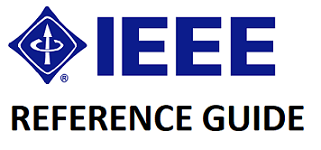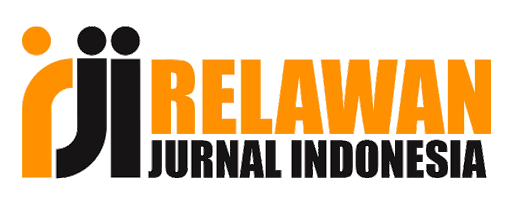The Impact of Knowledge Management Systems in Enhancing the Competitiveness of Retail Companies
DOI:
https://doi.org/10.70429/sjis.v3i2.227Keywords:
Digital Transformation, Efficiency, Innovation, Knowledge Management System, RetailAbstract
This study investigates the role of Knowledge Management System (KMS) implementation in
enhancing the competitiveness of retail companies, with a specific focus on Lotte Mart Indonesia.
Using a qualitative exploratory case study approach, the research collected data through in-depth
interviews, field observations, and company document analysis. The findings demonstrate that KMS
accelerates the flow of information, reduces duplication, and improves operational efficiency, thereby
enabling better coordination among departments. Furthermore, KMS facilitates knowledge sharing
and collaboration, which supports the development of service innovations and responsive marketing
strategies. Employees reported that the system allows faster access to documents, real-time inventory
checking, and more structured workflows. Beyond operational benefits, KMS contributes to
strengthening customer satisfaction through improved responsiveness and accurate information
delivery. Additionally, KMS supports the company’s digital transformation by integrating internal
systems such as ERP, CRM, and e-commerce platforms. Overall, KMS functions not only as a
knowledge repository but as a strategic enabler of sustainable competitive advantage in the retail
sector.










